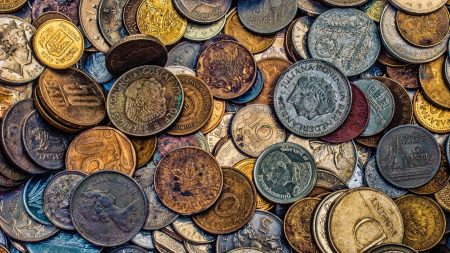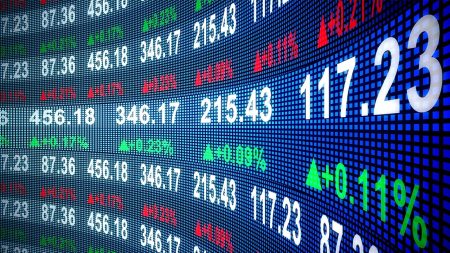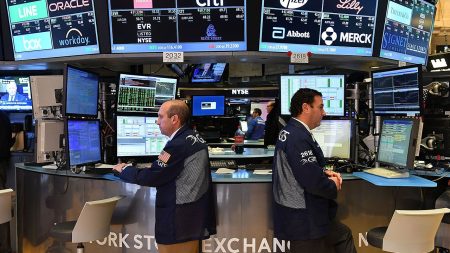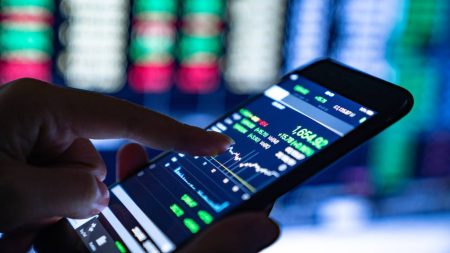Week in Review
- Asian equities were mixed this week as Hong Kong underperformed, and the Philippines outperformed.
- The electric vehicle ecosystem saw some reprieve from talks between China and the European Union on tariffs.
- Beijing’s local government lowered minimum downpayment ratios and implemented other measures to encourage first-time homebuyers.
- The Third Plenum important policy meetings were officially scheduled to begin on July 15th, 2024, according to an announcement on Thursday.
Key News
Asian equities were largely higher except for small losses in Singapore, Thailand, and India.
President Xi gave a speech reiterating China’s reform and opening up policy, following up on Premier Li’s speech at the Summer Davos Forum, stating “China will only open itself ever wider to the outside World.” The PBOC’s quarterly Monetary Policy Committee meeting noted China’s economy “continues to rebound and improve” despite “challenges such as insufficient effective demand and weak social expectations”. This is good counsel for government leaders with the Third Plenum meetings only two weeks away.
Hong Kong and Mainland China opened lower, rose, and then eased, coming off of intra-day highs. Hong Kong-listed growth stocks were down, but not nearly as much as US-listed China stocks on Thursday. This was on no news. It is hard to explain yesterday’s ADR meltdown, though Asian investors clearly did not share the pessimism. Hong Kong’s most heavily traded stocks by value were Tencent, which fell -0.53% versus its over-the-counter US listing, which was down -1.8% yesterday in US trading, Meituan, which fell -2.29% versus its unsponsored ADR, which fell -2.93%, China Mobile, which gained +2.67%, Alibaba, which fell -1.47% versus the ADR, which fell -2.43%, and China Construction Bank, which gained +0.87%. JD.com was off -2.09% in Hong Kong versus its ADR, which was down -4.54% yesterday. NetEase fell -0.8% versus its ADR, which fell -0.70%, Trip.com gained +0.32% versus its ADR, which fell -2.8%, Bilibili gained +0.16% versus its ADR, which fell -2.86%, and Baidu fell -0.99% versus its ADR, which fell -1.34%. Mainland investors bought a healthy net $468 million worth of Hong Kong-listed stocks and ETFs overnight.
Nike’s financial results weighed on its supply chain despite their China revenue increasing while North America decreased. Local competitor Anta Sports fell -1.57% after a profit warning.
Mainland China managed small gains off intra-day highs as the Mainland-listed China equity ETFs favored by the National Team saw above slightly average volumes. Mainland growth stocks were off, including CATL, which fell -2.69%, and Kweichow Moutai, which fell -1.55. Broker East Money fell -6.88% on no news, weighing on the brokerage space. Energy, utilities, and industrials had a strong day.
Today is the last day of the quarter, which might explain yesterday’s ADR downdraft, but it is obviously hard to say. Official June Manufacturing and Non-Manufacturing PMIs will be released next week.
It was funny to hear China blamed for Nike’s financial results, despite their China revenues increasing year-over-year while North America was revenue was down year over year.
After a nearly 40% rise into overbought territory, China growth stocks have fallen -15%. After the challenging three years, this pullback feels a lot worse to me. There are positives on the horizon, with the first the big economic meeting “The Third Plenum”, which starts on July 15th. Expectations are very low, though I am more optimistic.
The 6.18 (June 18th) e-commerce event had steep discounts, which led to year-over-year merchandise sold declines though the number of goods sold likely increased. These sales will show up in Q2 financial results when reported in August. The fundamentals of the companies are improving!
Alibaba will convert its primary listing to Hong Kong in August. This could allow for Southbound Stock Connect inclusion in September. Tencent has 9.5% ($43 billion) of its shares held by Mainland investors via Southbound Stock Connect. Meituan has 13%/$12B of its shares held by mainland investors.
Mainland buying of Hong Kong-listed stocks continues with $47 billion worth of net buying via Southbound Stock Connect overnight. This exceeds the $40 billion worth of net buying in 2023. Why are these investors buying?
China internet and growth companies are buying stock and paying dividends. If China’s economy was collapsing, why would the companies be buying back stock? If the companies’ prospects were so bleak, why would they be buying back stock? They would be hoarding cash! The founder of nearly every KWEB company is the CEO or Chairperson. Why do they care about the stock? Because their net worth is in the stock.
The Hang Seng and Hang Seng Tech indexes diverged to close +0.01% and -0.96%, respectively, on volume that decreased -5.12% from yesterday, which is 96% of the 1-year average. 250 stocks advanced while 216 stocks declined. Main Board short turnover declined -15.88% from yesterday, which is 82% of the 1-year average, as 15% of turnover was short turnover (Hong Kong short turnover includes ETF short volume, which is driven by market makers’ ETF hedging). The value factor and large caps outperformed the growth factor and small caps. The top-performing sectors were Energy, which gained +2.98%, Industrials, which gained +2.44%, and Materials, which gained +2.28%. Meanwhile, Health Care fell -1.35%, Consumer Discretionary fell -1.26%, and Consumer Staples fell -0.95%. The top-performing subsectors were energy, foodstuffs, and utilities. Meanwhile, retail, insurance, and diversified financials were among the worst-performing. Southbound Stock Connect volumes were light as Mainland investors bought as net $468 million worth of Hong Kong-listed stocks and ETFs, including China Mobile, China Construction Bank, and ICBC, which were small net buys.
Shanghai, Shenzhen, and the STAR Board diverged to close +0.73%, +0.25%, and -0.46%, respectively, on volume that increased +12% from yesterday, which is 84% of the 1-year average. 3,299 stocks advanced while 1,641 declined. Value and large caps outperformed growth and small caps. The top-performing sectors were Energy, which gained +2.47%, Utilities, which gained +1.95%, and Industrials, which gained +1.17%. Meanwhile, consumer staples fell -1.27%, real estate fell -0.90%, and health care fell -0.83%, to make up the worst-performing subsectors. The top-performing subsectors were precious metals, oil & gas, and aerospace. Meanwhile, securities, liquor, and software were among the worst-performing. Northbound Stock Connect volumes were light/moderate as foreign investors were small net buyers. CNY managed a small gain versus the US dollar. The Treasury curve flattened slightly. Copper gained while steel fell.
New Content
Read our latest article:
How to Buy the Same Stocks as China’s Sovereign Wealth Funds
Please click here to read
Last Night’s Performance
Last Night’s Exchange Rates, Prices, & Yields
- CNY per USD 7.27 versus 7.27 yesterday
- CNY per EUR 7.78 versus 7.78 yesterday
- Yield on 1-Day Government Bond 1.30% versus 1.30% yesterday
- Yield on 10-Year Government Bond 2.21% versus 2.21% yesterday
- Yield on 10-Year China Development Bank Bond 2.35% versus 2.36% yesterday
- Copper Price +0.24%
- Steel Price -0.39%
Read the full article here
















